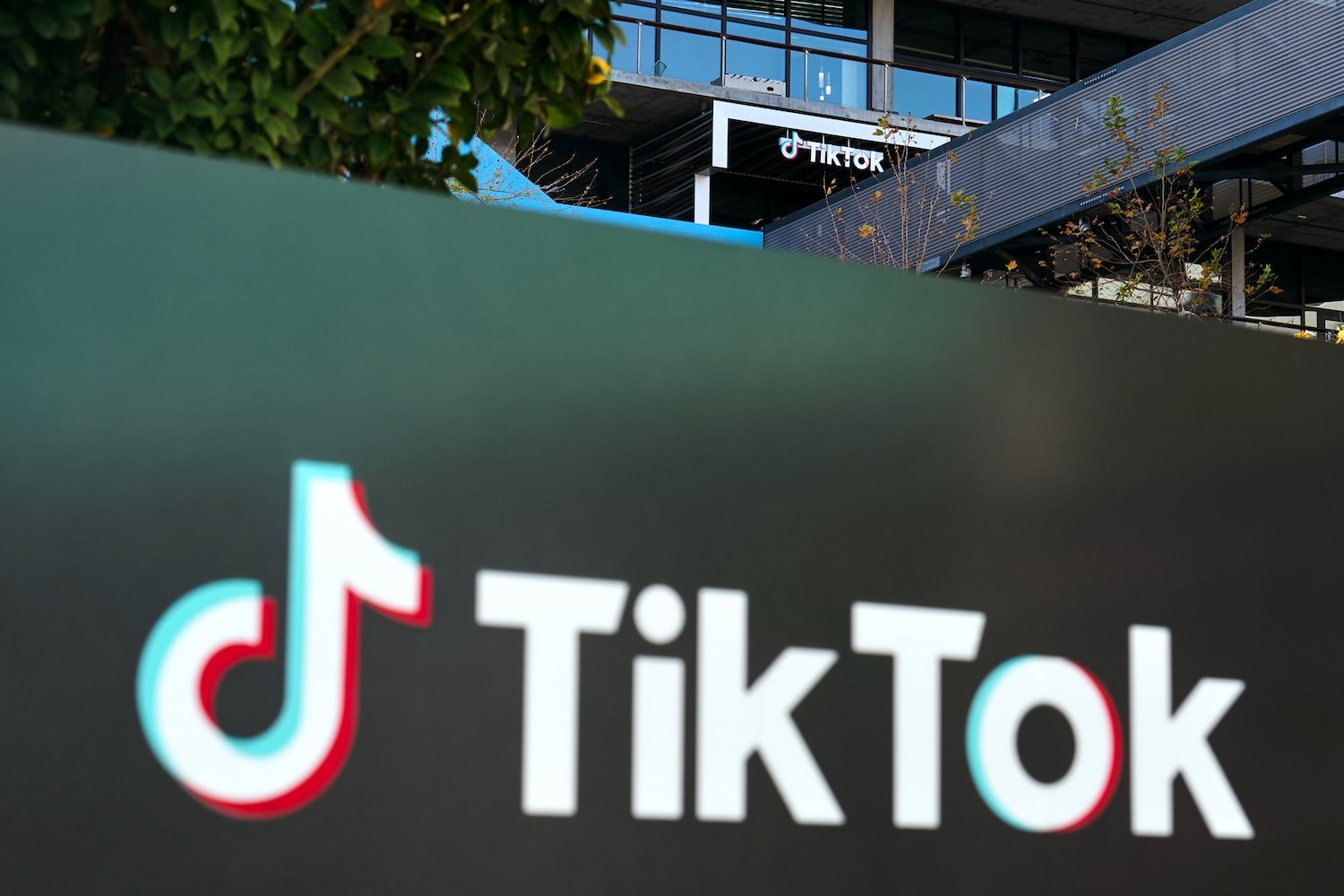TikTok is currently facing significant legal issues as it finds itself at the center of 14 new lawsuits filed by a coalition of state attorneys general. These lawsuits, which emerged on Tuesday, accuse the platform of negatively impacting the mental health of teenagers due to its addictive features and of collecting user data without proper parental consent.
California Attorney General Rob Bonta and New York Attorney General Letitia James are spearheading these complaints. The lawsuits allege that TikTok breaches consumer protection laws by misleading users regarding the effectiveness of its time limit and content safety measures for individuals under 18. Moreover, the complaints highlight concerns over the app’s failure to adequately inform young users about the risks associated with its beauty filter and the misrepresentation of its platform as not being targeted toward children, according to a joint statement from these attorneys general.
Furthermore, the lawsuits assert that TikTok contravenes the Children’s Online Privacy Protection Act (COPPA) by “actively” monetizing data from users who are younger than 13. This mirrors similar allegations previously levied against companies like Google and Twitter (now operating as X).
State officials have characterized several of TikTok’s features as addictive, including the app’s incessant notifications and its “endless stream of videos” that purportedly compels users to spend excessive time on the platform. The absence of an option to disable Autoplay further exacerbates this concern.
In a recent interview with CNBC, DC Attorney General Brian Schwalb referred to TikTok as “digital nicotine,” asserting that the company is deliberately attempting to addict young users to its platform. This lawsuit also brings to light TikTok’s built-in “Coins” feature, labeling it as an “unlicensed virtual currency.”
In response to these accusations, TikTok spokesperson Michael Hughes expressed disagreement with the claims made in the lawsuits, describing many as “inaccurate and misleading.” Hughes indicated that TikTok has been striving to collaborate with the attorneys general for over two years, criticizing the decision to file lawsuits instead of constructing solutions to shared industry challenges.
While the focus of the recent complaints is predominantly on TikTok, New Jersey Attorney General Matthew Platkin highlighted similar issues with Meta, suggesting that the company has also intentionally designed features to keep children engaged for prolonged periods. Platkin characterized Meta’s practices as “similar” to TikTok’s, referencing a separate complaint against Meta recently initiated by the state.
Belonging to Chinese tech conglomerate ByteDance, TikTok is simultaneously contending with the US government over legislation mandating either the sale of the app or its potential ban. TikTok argues that this law infringes upon constitutional rights and free speech.
Additionally, the US Department of Justice has filed a separate complaint against TikTok, alleging that the platform collects personal information from young users without obtaining parental consent.
Discover more from Marki Mugan
Subscribe to get the latest posts sent to your email.









